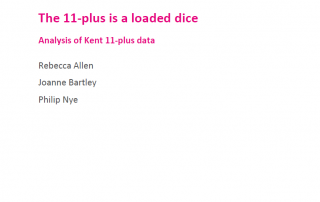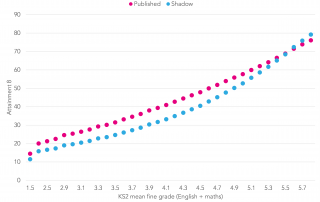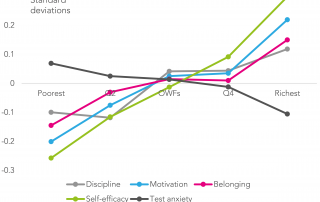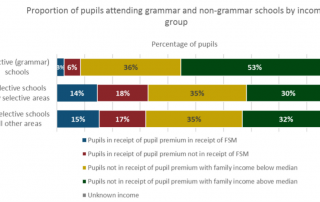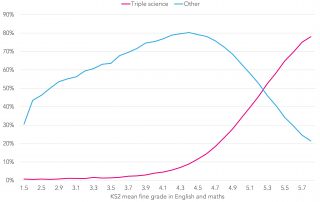Kent 11-plus, part 1: The rules you set determine who passes
This post was updated at 20.00 on 5 May 2017 to clarify our view of how favourable a move to one of the three alternative sets of qualifying rules described in this post would be. This is part of a series of posts from Datalab on how the 11-plus works in practice in Kent. Find the [...]






